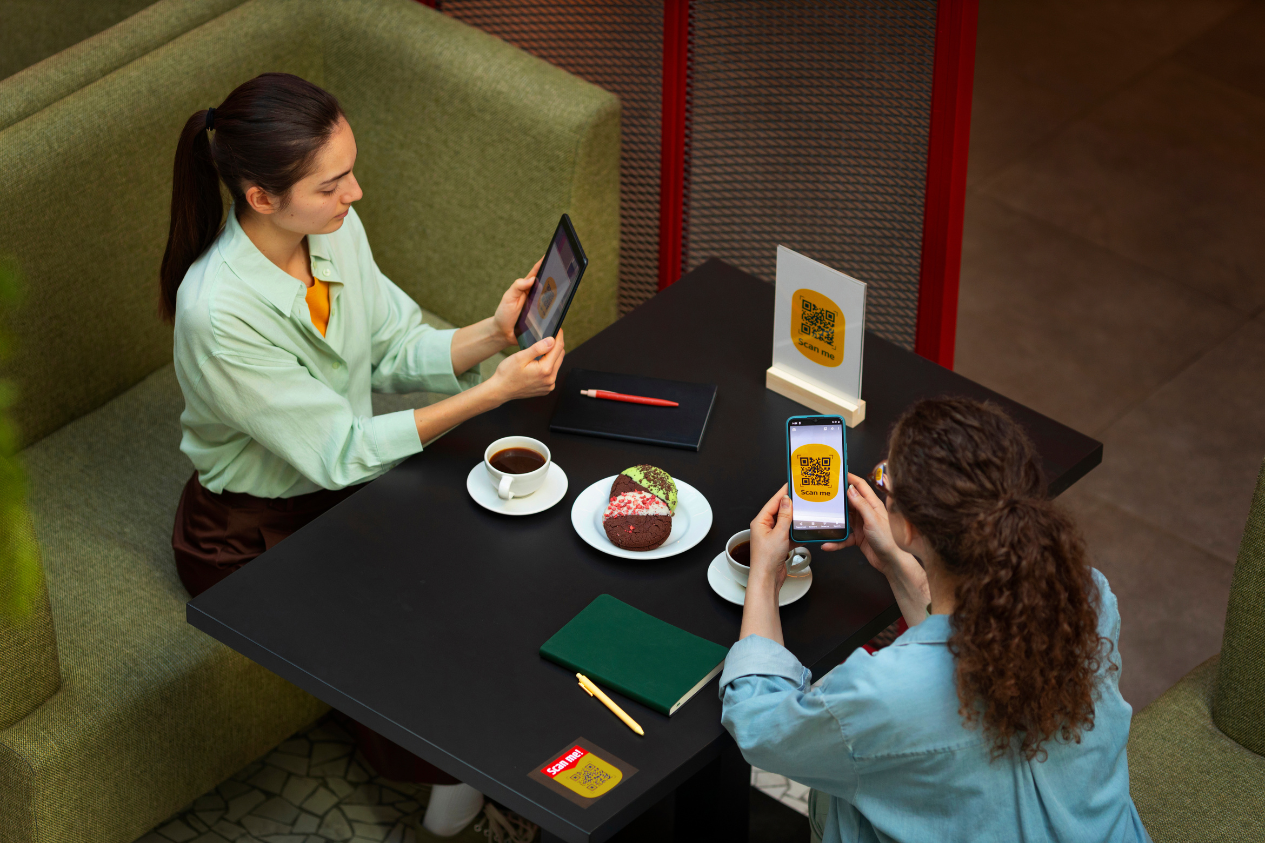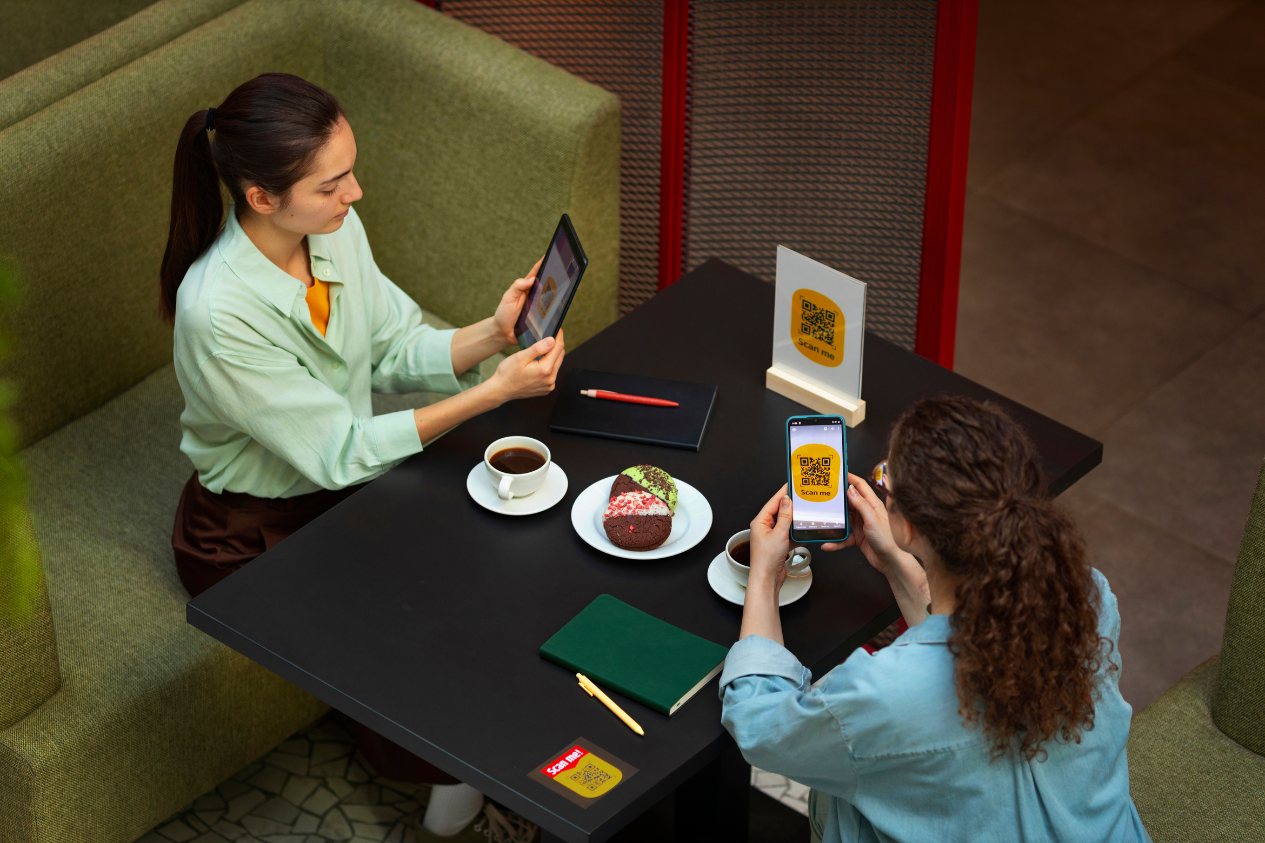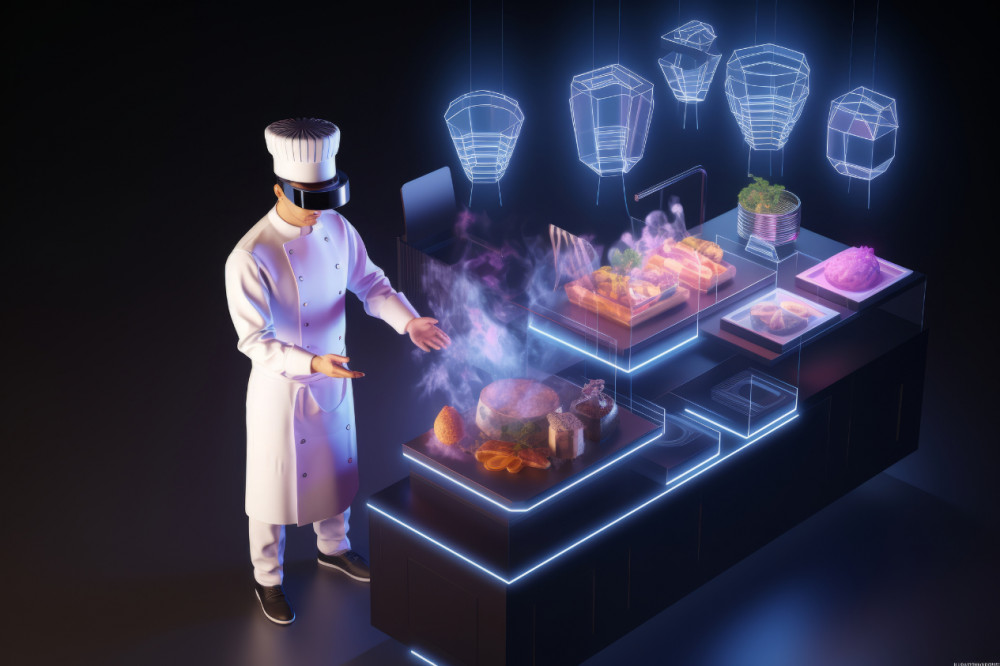
Smart Training Platforms for Upskilling Hotel Teams Rapidly

The hospitality sector in India is developing at a dizzying rate. Technology is changing every touchpoint, guests are becoming more discriminating, and competition is fiercer than ever. These days, hotels have two challenges: providing consistent service quality and preparing staff to manage everything from AI-powered guest experiences to sustainability protocols. The catch? Paper-heavy onboarding and traditional classroom training are no longer effective.
Smart training platforms are integrated, digital-first solutions that upskill employees in a rapid and quantifiable manner using gamification, AI, mobile learning, and even virtual reality. They are more than just a tool for Indian hotels; they embody a new way of thinking that training needs to be quick, scalable, and closely related to both business performance and guest satisfaction.
This blog examines why the time for smart training platforms has come, what features are most important, how to implement them successfully, and what success looks like in the Indian hospitality industry.
The Need for Quick Upskilling in the Indian Hospitality Sector
In India, the hospitality industry is one of the biggest employers and accounts for more than 7% of the GDP. However, a persistent bottleneck continues to be skill gaps. According to a Tourism & Hospitality Skill Council study, the supply of professionals who are prepared for the workforce is falling behind the exponential growth in demand for trained workers. Inconsistent guest service results from hotels frequently hiring recent graduates or inexperienced staff without practical training.
However, according to a report, less than one in four Indian employers fund upskilling initiatives, which results in employees who are disengaged and ill-prepared. In a field where frontline staff directly influence the visitor experience, this is dangerous.
Hotels can no longer afford long ramp-up times due to the surge in domestic travel, the growth of international chains, and the proliferation of luxury boutique hotels in Tier-2 and Tier-3 cities. The only practical solution is rapid upskilling driven by intelligent training platforms.
What a “smart training platform” actually is (and what it does for hotels)
A smart training platform for hotels merges several capabilities into one ecosystem:
- Core LMS: centralised content library, role-based learning paths, compliance tracking, and mobile access.
- Micro-learning + mobile-first: task-focused modules that take little time to complete and can be consumed in between shifts.
- Adaptive/AI-driven learning: tailored recommendations and automated refresher nudges that reduce time-to-proficiency.
- Simulations & experiential tech: VR/AR role-plays for check-in scenarios, upselling conversations, safety drills, or kitchen station workflows.
- Assessment & analytics: real-time dashboards of competency, time-in-role, pass/fail metrics and business KPIs (service scores, incident rates).
- Multi-language and low-bandwidth modes: a must for the gigantic Indian hotel chains with a multicultural frontline staff.
According to industry sources and market roundups, there are specialised hospitality LMSs that package these features for hotels—far quicker to deploy and map content to than building from scratch.
Proven benefits (what hotels actually gain)
- Higher speed of onboarding and shorter ramp-up time: a standardised series of onboarding modules reduces variation across properties and accelerates time to guest-ready performance.
- Consistency in guest experience: templated SOP training and scenario-based assessments help mitigate service gaps.
- Operational efficiency: fewer errors, less rework, less waste in F&B from working to standardised procedures.
- Better employee retention and employer branding: continuous learning and clearly documented career paths reduce employee turnover while attracting new entry-level talent.
- Compliance and risk reduction: Food safety, cash-handling, and safety checklists become auditable and repeatable.
Modern digital training using VR or scenario-based modules has been shown to explicitly correlate with better service outcomes because learners are practising 'in-context' rather than just reading manuals.
Key features to prioritise when evaluating platforms
Quick, heavy-impact adoption of learning systems in Indian hotels would DOE prioritise the systems that support:
- Role-based learning paths — housekeeping, front desk, F&B service, stewarding, engineering, revenue ops.
- Mobile-first microlearning — 3-AM 7-minute modules and offline download capability in poor-connectivity areas.
- Multi-language support — at least Hindi, regional languages, and English.
- Assessments + credentialing — built-in quizzes, practical checklists, badges/certificates, tied to competency gates.
- Integrations — PMS, HRIS, rostering system, and digital checklists, process completions of training to initiate other operations, automate operations (e.g., lift shift privileges).
- Analytics and ROI metrics — link training completion to KPIs (upsell conversion, guest satisfaction, incidents) for business cases being tracked.
- Authoring & local content — easy tools for hoteliers to author property-specific SOPs or culture modules without vendor dependency.
- Experiential tech — VR/AR modules are optional for critical guest-facing or safety skills.
- Security and compliance — data safeguards and role-based access.
Partnerships and ecosystem levers in India
Apart from technology, industry-academia partnerships and sector skill councils are building structured pipelines for talent through apprenticeship programs, embedded degrees, and certification frameworks. A good platform combined with such partnerships accelerates not just the supply, but also the quality of talent entering hotels. (Example: The recent apprenticeship/industry collaboration initiatives are paving new ways for universities and big hotel groups to interact.)
Training platforms that, in essence, provide intelligent training constitute far more than simple e-learning engines; they are direct operational levers relating people development to guest experience and the economics of hotels. For Indian hoteliers, the systems that offer microlearning by role, AI-powered personalisation, experiential simulations, tightly integrated with KPIs, offer a fast and large-scale upskilling of teams. You start small (one role, one KPI), measure hard, and move really swiftly in scaling up. That is how hotels draw training from being a cost into a competitive advantage.
Using Smart Training to Gain a Competitive Edge
The speed at which teams can learn, unlearn, and relearn will determine the course of the next few years for Indian hotels. By combining mobile learning, AI-driven personalisation, and realistic simulations, smart training platforms enable this and guarantee that employees are prepared for guests in a flash. However, technology is insufficient on its own. Hotels require a partner who is aware of the skill gaps, the hospitality ecosystem, and the need to scale talent quickly.
Foodism Connect can help with that. More than just a platform, it serves as a link between the hospitality sector and a trained labour pool. Download the app now!!!
Related Blogs

Festival Hospitality: What Food Events Teach About Guest Management & Staffing
13 Views

Little Guests, Big Smiles: How Hotels Design Family-Friendly Experiences
56 Views

Regional Cuisines, Local Talent: How Culinary Diversity Shapes Hospitality
76 Views

AI in Kitchens & Hotels: What the Forum Revealed About Tech Skills in Hospitalit
121 Views

Contingency Planning for Festival Staff Shortages: Essential Tips
94 Views